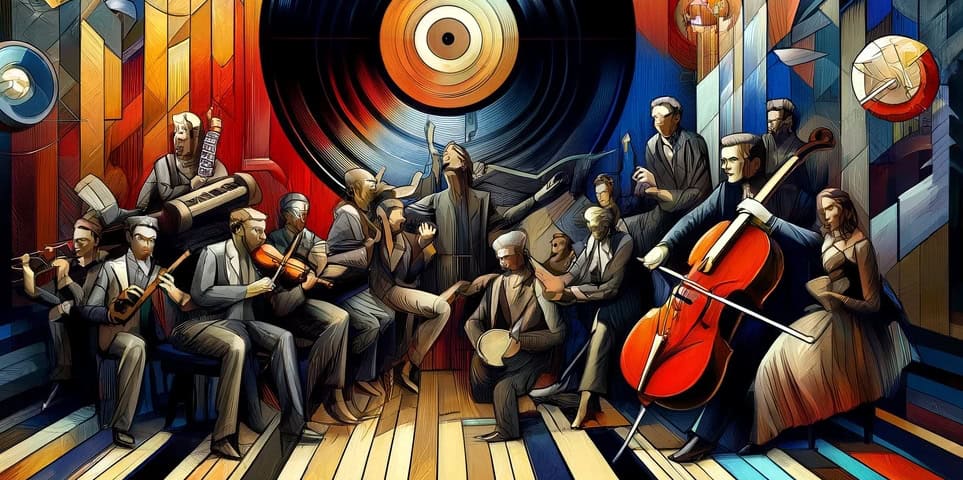Introduction:
In the ever-evolving landscape of the music industry, artists face a constant tug-of-war between financial gain and artistic integrity. One particularly contentious issue revolves around royalty deals that involve selling all rights to an artist’s body of work, including the coveted master recordings. Recent high-profile transactions, such as the sale of Bob Dylan’s catalog to Universal Music Publishing Group and Taylor Swift’s battle to reclaim ownership of her master recordings, have reignited debates about the impact on artists and their loyal fanbases.
Are you ready to unleash your music bull?
The Impact on Artists and Fans:
The sale of an artist’s master recordings can have profound implications for both the artist and their fans. For artists like Bob Dylan and Taylor Swift, whose music has become an integral part of cultural and musical history, relinquishing control over their master recordings can feel like a betrayal of their artistic legacy. Similarly, fans who have formed deep emotional connections with the music may feel disillusioned when they see their favorite songs used in ways that diverge from the artist’s original intentions.
Examples of High-Profile Music Deals:
The sale of Bob Dylan’s catalog to Universal Music Publishing Group for a reported $300 million highlighted the immense financial value attached to iconic music catalogs. Similarly, Taylor Swift’s highly publicized battle to reclaim ownership of her master recordings from Scooter Braun and Big Machine Label Group shed light on the power dynamics at play in the music industry. These examples underscore the complex relationship between artists, labels, and investors in the pursuit of financial gain.
Navigating the Complexities:
While traditional music royalty deals may offer immediate financial rewards, they often come at a cost to the artist’s creative autonomy and long-term legacy. As artists grapple with the decision to monetize their catalog, it’s crucial to consider the impact on their relationship with their fans and the emotional resonance of their music. Artists must weigh the potential financial benefits against the risk of alienating their fanbase and compromising their artistic vision.
A Call for Alternative Solutions:
In response to these challenges, there is a growing need for alternative models that empower artists to retain control over their creative legacy while still capitalizing on their music’s financial potential. Innovative platforms like MusicBull offer artists a transparent and artist-friendly solution to monetize their future royalties without sacrificing control over their master recordings. By allowing artists to retain ownership of their masters and engage directly with their fans, these platforms offer a path to sustainable and artist-driven growth in the music industry.
In short:
The issue of music royalty deals involving the sale of master recordings is a complex and multifaceted one, with far-reaching implications for artists, fans, and the music industry as a whole. As artists navigate the complexities of the music business, it’s essential to prioritize their long-term artistic integrity and the emotional connection they share with their audience. With platforms like MusicBull leading the way toward a more artist-centric approach to music royalties, artists can reclaim control over their creative vision and forge deeper connections with their fans, ensuring that their music continues to resonate for generations to come.




